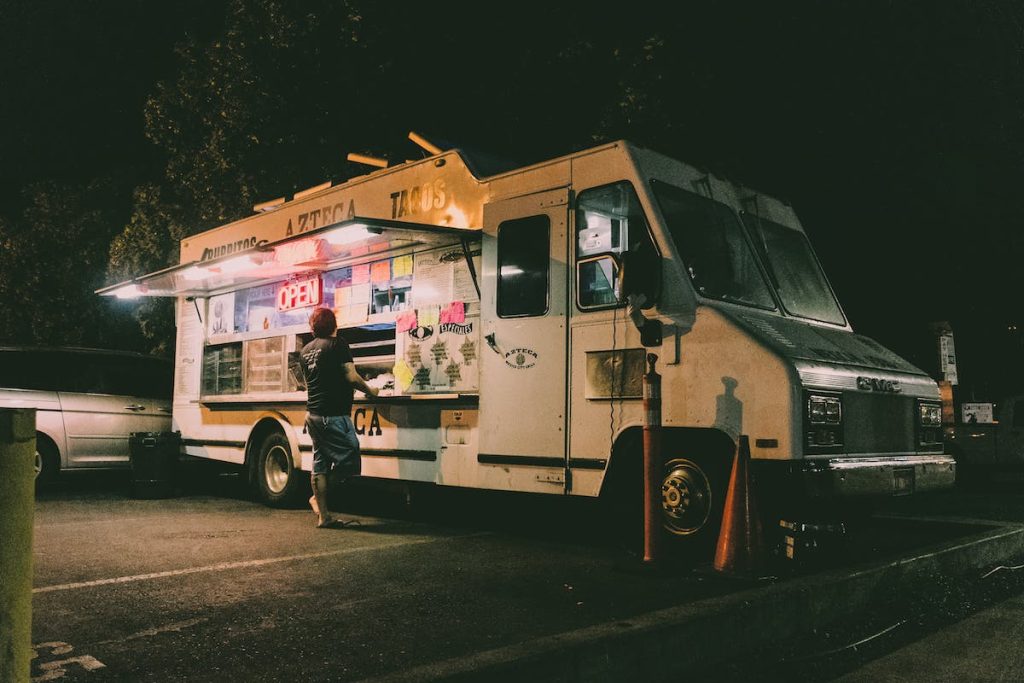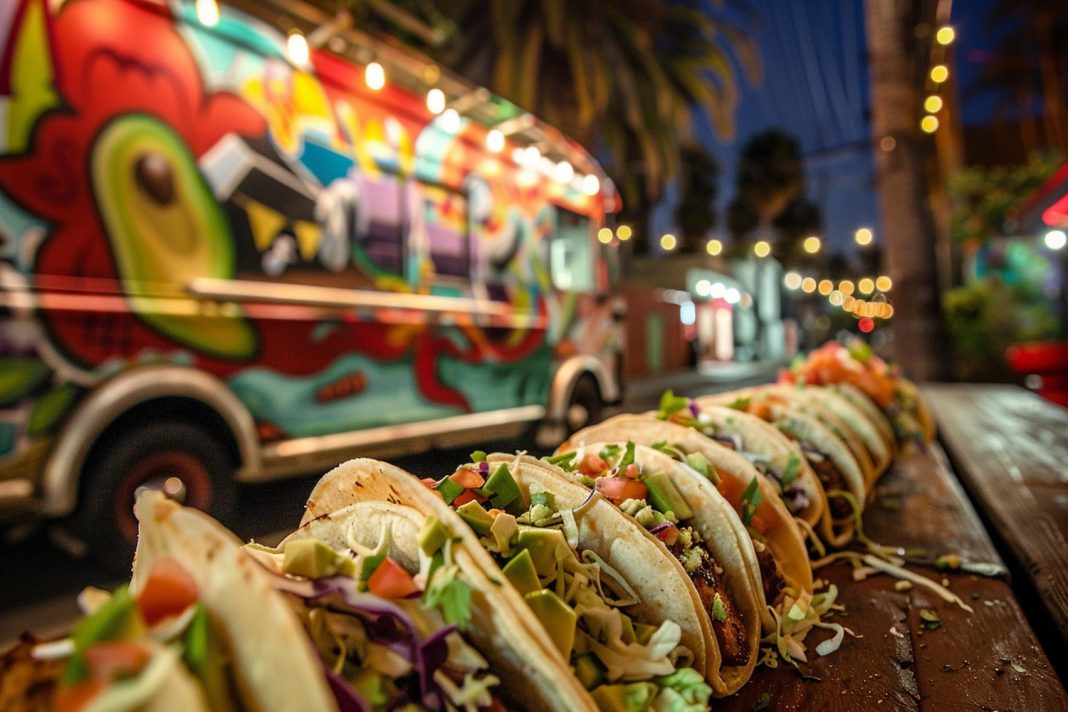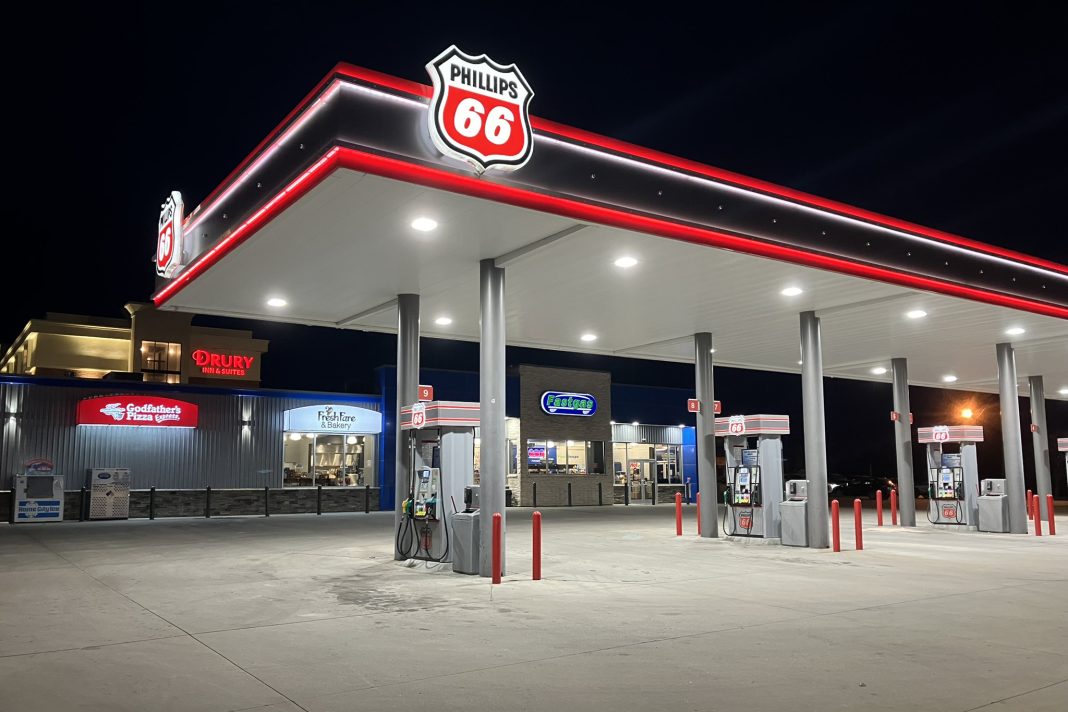Los Angeles is known for its vibrant food scene, sprawling car culture, and a backbone of blue-collar services that keep the city moving — many of which rely heavily on immigrant labor. But a recent uptick in immigration enforcement activity is rattling the foundations of key local industries: food trucks, car washes, and independent mechanic shops.
Federal and local immigration informants — working under new Department of Homeland Security (DHS) directives — have intensified efforts across Southern California, targeting businesses suspected of employing undocumented workers. The result? A chilling effect across entire sectors of the local economy.
Food Trucks Feel the Heat
The iconic LA taco trucks and mobile food vendors, often family-run and deeply rooted in immigrant communities, are reporting reduced staffing, shorter operating hours, and in some cases, shutting down entirely.

Without access to affordable and experienced labor, many food truck operators are struggling to keep up with permits, prep work, and nightly operations. Customers are noticing fewer options, longer waits, and price hikes.
Car Wash Industry Under Pressure
Known for grueling hours and low wages, Los Angeles’ hand car wash businesses (often called “carwashes” or “carros”) are among the industries hit hardest. According to labor advocates, an estimated 60-70% of workers in this space are immigrants — many without full legal status.

Now, with immigration informants embedded in enforcement sweeps, owners are reluctant to hire new workers and many employees are quitting out of fear.
Labor shortages have led to longer wait times and inconsistent service, frustrating customers and hurting small business revenue.
Mechanic Shops Facing Skill Gaps
From East LA to the Valley, many of the region’s independent auto repair shops rely on experienced, often undocumented, mechanics — some with years of hands-on expertise. But recent enforcement has caused a wave of departures, forcing owners to scramble for replacements.

Without them, many shops are delaying service, turning down jobs, or raising prices to cover overtime and compliance costs. Apprenticeship programs are slow to fill the gap, leaving a noticeable shortage of skilled labor in a city that lives on wheels.
A Tense Road Ahead
While immigration enforcement isn’t new to LA, the use of informants and targeted audits is creating a climate of fear. Many small business owners feel caught between federal pressure and the reality of a local workforce that has long relied on immigrants — documented or not.
Activist groups and some city officials are calling for legal protections, pathway-to-status initiatives, and more local oversight of federal enforcement. But for now, the uncertainty continues to reshape daily life across industries that define Los Angeles’ cultural and economic identity.
Bottom line: If the current immigration crackdown continues, Angelenos can expect fewer food trucks, slower car wash service, and longer waits at their neighborhood mechanic — not because the demand is gone, but because the people who make it all happen are.
Have you been affected by recent immigration enforcement in your business or community? Share your story with us.





